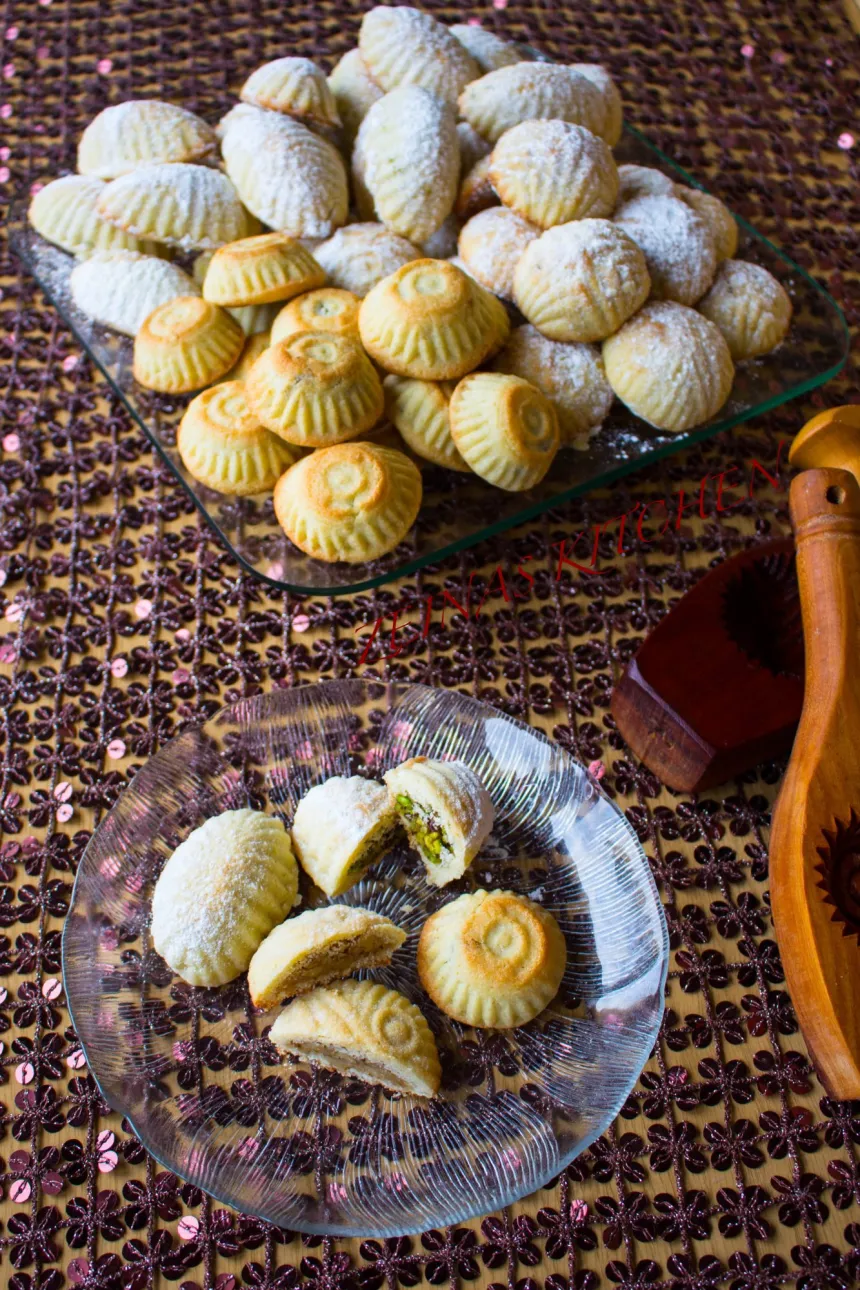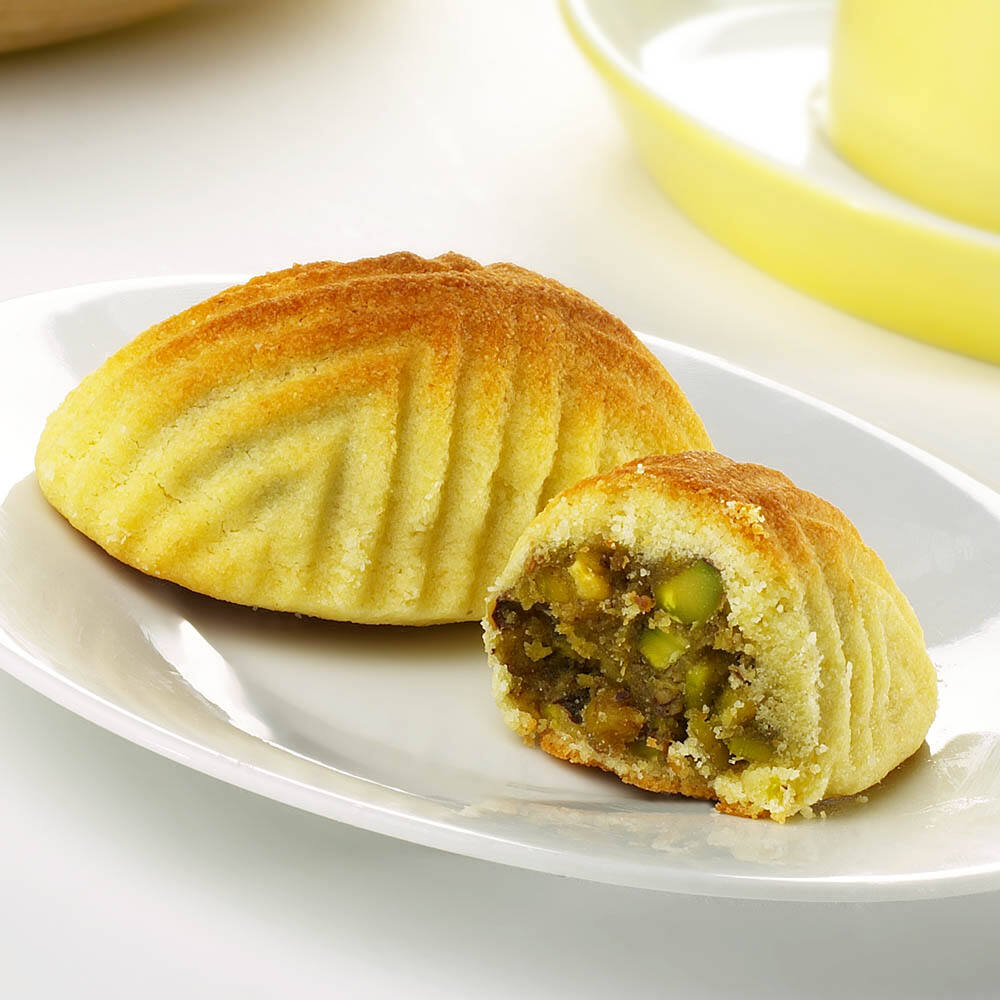Revolutionizing Traditional Middle Eastern Pastry Production
The art of crafting maamoul, those beloved Middle Eastern cookies filled with dates, pistachios, or walnuts, has entered a new era with modern maamoul making machines. These innovative devices are transforming how bakeries and food manufacturers approach the production of these traditional delicacies, offering unprecedented efficiency without compromising the authentic taste and texture that makes maamoul so special.
While hand-crafting maamoul holds deep cultural significance, the growing global demand for these treats has necessitated a shift toward automated solutions. Modern maamoul making machines combine technological precision with traditional expertise, enabling producers to maintain consistent quality while significantly increasing their output capacity.
Essential Features of Industrial Maamoul Production Systems
Advanced Dough Handling Mechanisms
Modern maamoul making machines incorporate sophisticated dough handling systems that carefully measure and form the outer pastry shell. The equipment maintains optimal dough temperature and consistency, preventing common issues like sticking or tearing. These systems can process various dough recipes, from traditional butter-based to modern variations, while preserving the characteristic texture that maamoul enthusiasts expect.
The precision of these mechanisms ensures each piece receives the exact amount of dough needed, eliminating waste and maintaining cost-effectiveness in production. Advanced sensors monitor dough consistency throughout the process, automatically adjusting parameters to maintain quality.
Automated Filling Distribution Systems
The heart of any maamoul making machine lies in its filling distribution system. State-of-the-art equipment features precision dispensers that accurately measure and place traditional fillings like dates, pistachios, or walnuts. These systems can switch between different filling types quickly, allowing manufacturers to produce various maamoul varieties in a single production run.
Temperature control mechanisms ensure fillings maintain their optimal consistency, preventing issues like filling leakage or uneven distribution. The automated nature of these systems also helps maintain strict hygiene standards, crucial for food safety compliance.

Production Efficiency and Output Optimization
Throughput Capacity and Speed Control
Industrial maamoul making machines can produce thousands of pieces per hour, dramatically outpacing traditional manual methods. Advanced speed control systems allow operators to adjust production rates based on demand, while maintaining consistent quality. This flexibility enables manufacturers to respond quickly to market needs, whether scaling up for holiday seasons or maintaining steady production for regular orders.
The equipment's precision timing mechanisms ensure each piece receives the exact processing time needed, preventing over or under-cooking issues that can affect product quality. Variable speed controls also allow for fine-tuning during the initial setup phase, helping operators optimize production parameters.
Quality Control and Consistency
Modern maamoul making machines incorporate various quality control features, from weight checking systems to visual inspection capabilities. These mechanisms ensure every piece meets specified standards for size, shape, and filling content. Advanced machines may include computer vision systems that can detect and reject non-conforming products automatically.
The consistency achieved through automated production helps establish strong brand recognition and customer loyalty. Uniform appearance and taste across batches become a hallmark of professionally produced maamoul, setting commercial operations apart in competitive markets.
Cost Benefits and Return on Investment
Labor Cost Reduction
Implementing a maamoul making machine significantly reduces labor requirements while increasing output. Where traditional methods might require several skilled workers to produce a limited quantity, automated systems can achieve much higher production volumes with minimal operator oversight. This efficiency translates to substantial labor cost savings over time.
The reduced reliance on manual labor also helps address challenges in finding and training skilled workers, particularly in regions where traditional maamoul-making expertise is becoming scarcer. Automated systems ensure production can continue consistently regardless of staffing challenges.
Material Optimization and Waste Reduction
Automated maamoul production systems excel at minimizing waste through precise ingredient measurement and consistent processing. The machines maintain exact portions for both dough and filling components, reducing ingredient waste compared to manual methods. This optimization extends to energy usage, as modern equipment includes energy-efficient features that reduce operational costs.
The reduction in product defects and waste materials contributes significantly to overall cost savings. Advanced machines also often include features for recovering and reusing acceptable materials, further improving resource efficiency.
Maintenance and Longevity Considerations
Preventive Maintenance Schedules
To ensure optimal performance and longevity, maamoul making machines require regular maintenance. Modern systems often include self-diagnostic capabilities that alert operators to potential issues before they affect production. Implementing a structured maintenance schedule helps prevent unexpected downtime and extends equipment life.
Regular cleaning and maintenance procedures are typically straightforward, designed to be completed quickly to minimize production interruptions. Many manufacturers provide comprehensive training and support to help operators maintain their equipment effectively.
Equipment Durability and Support
Quality maamoul making machines are built to withstand continuous operation in commercial environments. The use of food-grade stainless steel and robust components ensures both durability and compliance with food safety regulations. Leading manufacturers offer comprehensive warranty coverage and readily available spare parts, minimizing potential downtime.
The availability of technical support and service networks is crucial for maintaining optimal equipment performance. Established manufacturers typically provide remote diagnostics capabilities and rapid response service support to address any issues quickly.
Frequently Asked Questions
How does a maamoul making machine maintain traditional quality standards?
Modern maamoul making machines are designed to replicate traditional production methods while ensuring consistency. They maintain precise control over dough handling, filling distribution, and forming processes, preserving the authentic texture and appearance of hand-made maamoul while offering the benefits of automated production.
What production capacity can I expect from an industrial maamoul making machine?
Production capacity varies by model, but industrial maamoul making machines typically produce between 2,000 to 6,000 pieces per hour. The actual output depends on factors such as product size, filling type, and specific machine configuration.
What are the key maintenance requirements for maamoul making machines?
Regular maintenance includes daily cleaning of product contact surfaces, weekly inspection of moving parts, and periodic replacement of wear components. Most manufacturers provide detailed maintenance schedules and training to ensure optimal equipment performance and longevity.






